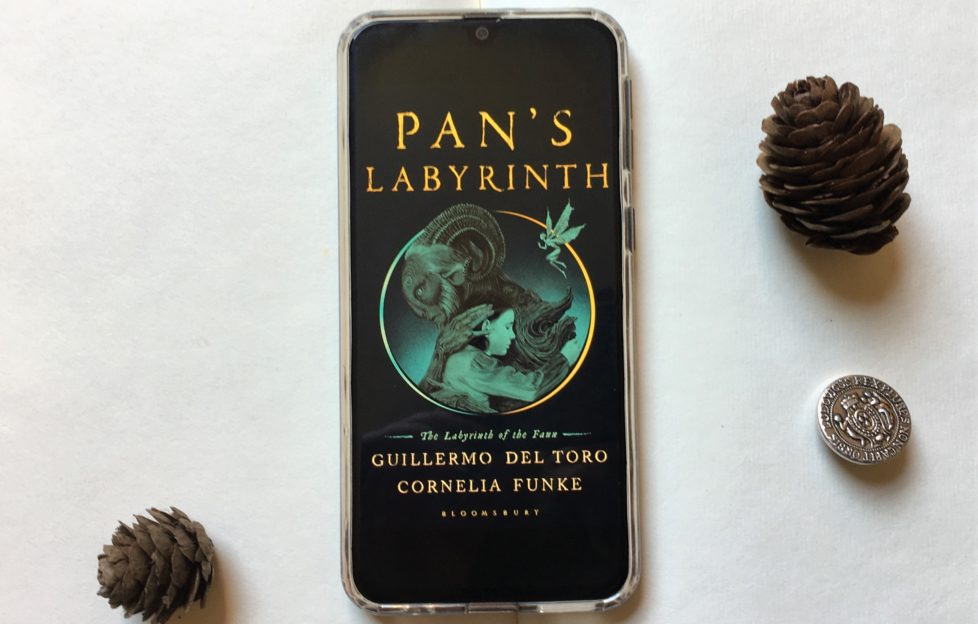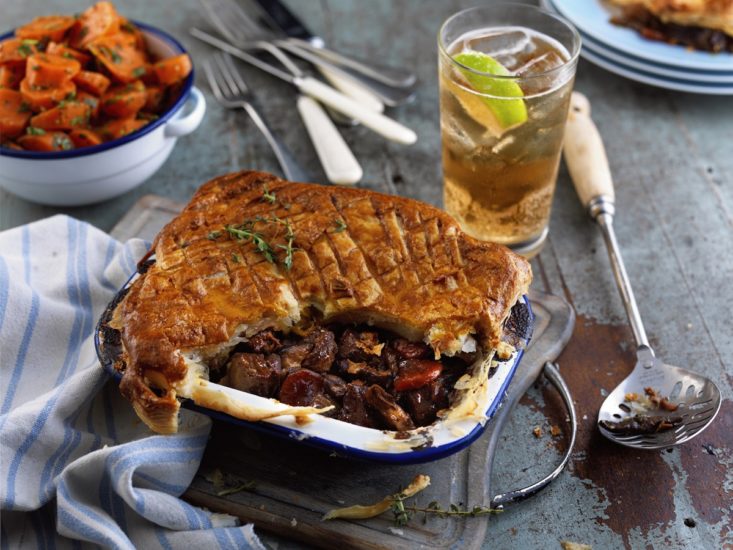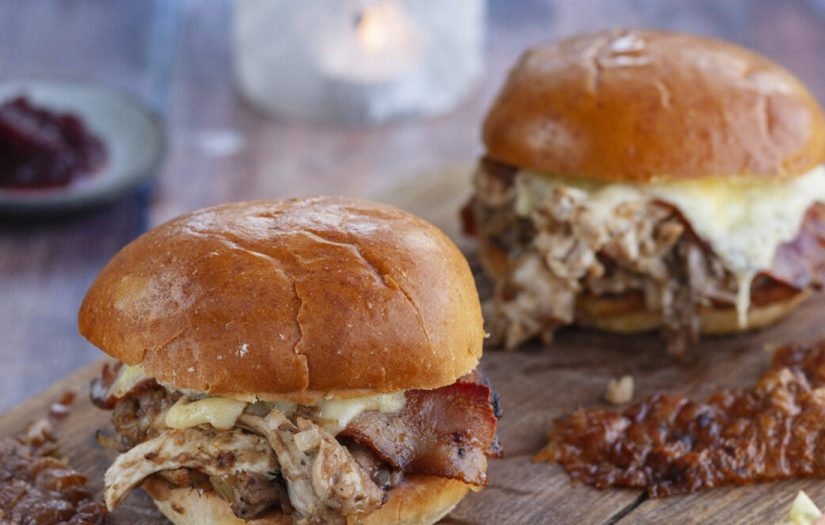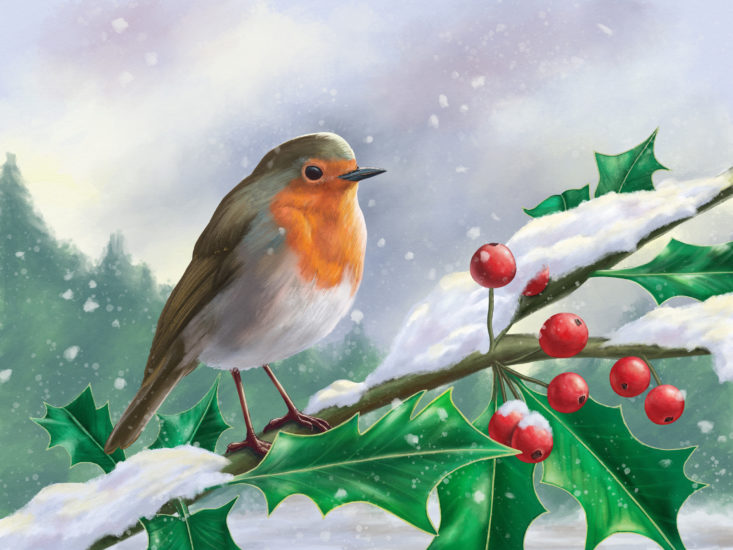
“Pan’s Labyrinth” is an award winning dark fairy tale, set in Spain during its Civil War.
It would also make an odd choice for a book review, as it is a 2006 film written and directed by Guillermo del Toro.
I certainly had to do a double take when I saw the title on the library shelf!
We’ve discussed book-to-film adaptations recently, but what about the much rarer film-to-book adaptation?
After my initial double-take, I discovered the 2019 novelisation of “Pan’s Labyrinth” was co-authored by fantasy author Cornelia Funke.
Being a fan Cornelia Funke’s novels as a young’un, I was familiar with her work. I also first saw the film “Pan’s Labyrinth” during a fascinating course on fairy tales. (This course also introduced me to the works of Angela Carter, which I have also reviewed.)
I immediately knew I’d have to check this out.
There was also a novelisation of “The Shape of Water”, another of del Toro’s films. I really enjoyed it, despite never watching the film. It was a different beast, however, as film and novel were in development simultaneously.
I was curious as to whether Funke’s “Pan’s Labyrinth” would hold up to its film precursor, which was one of the most unexpectedly powerful films I’ve watched.
“There was a forest in the north of Spain, so old that it could tell stories long past and forgotten”
You open the pages of the novel, and it immediately draws you in with its fairy-tale language, its dream-like storytelling and its enthralling scenery.
An opening fairy tale tells you the story of Princess Moanna, her sudden and mysterious disappearance, and of the Faun, a magical figure tasked with finding her, to very little success.
Cut to 1944, and the story centres around thirteen-year-old Ofelia. She is moving with her heavily pregnant mother to a secluded mill in the mountains.
It’s got a well-storied past, but is now doubling as an army hideout. Here, her new step father – the cruel and calculating Capitan Vidal – is currently trying to smoke out the guerrilla fighters who are camping out in the hillside forest.
Ofelia is a compelling protagonist. Her isolation and loneliness in reality push her into a world of fantasy. There, she proves herself determined and plucky, and you really root for her.
The cast is filled out by Mercedes, Vidal’s housekeeper who is passing information to the guerrillas, the doctor tasked with keeping Ofelia’s mother alive, and, of course, a cavalcade of fairy-tale creatures. Of course, this includes the titular Pan, a mysterious faun. He guides Ofelia on her quests, and you’re never quite sure if he can be trusted.
It’s a treat for fans of the film
The narrative doesn’t shy from displaying the stark cruelty of reality. Ofelia struggles to settle into a new home, and there’s the simmering unrest of the civil war, not to mention the sheer barbarity of the terrifying Vidal.
It also slides easily into the elements of the fantastic. Ofelia undertakes the customary three challenges of any fairy-tale protagonist. It certainly makes for compelling reading; Cornelia Funke takes the original scene and injects it with a touch of her trademark dream-like style.
This is one of my favourite elements of the book; it’s a treat to contrast the more unsettling and jarring scenes of the film against the novel.
Granted, I think it’s hard for the book to measure up to some of the visual elements (and horrors!) in the film. Then again, some people might actually prefer it that way!
Several original and honest-to-goodness original fairy tales link the elements of fact and fiction.
Each one reads well alone, but together they tangle into the rest of the plot with their own satisfying arc.
It’s hard to avoid comparing the book and the film if you’ve seen the original.
The novel features much of the same untouched dialogue from the original screenplay. Luckily, it also adds enough “new” content that I think that the novel also stands alone wonderfully . The writing is dreamy, creating its own separate mood and sense of magic.
It also features some absolutely lovely illustrations that evoke the original without being a shot-for-shot re-draw.
I almost wish I could go back and read the book before seeing the film for the first time!
For more book reviews from the “Friend” team, click here.




